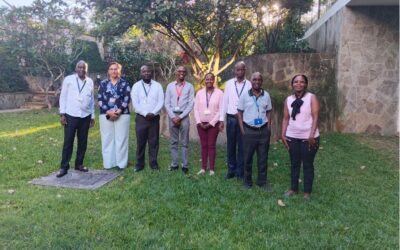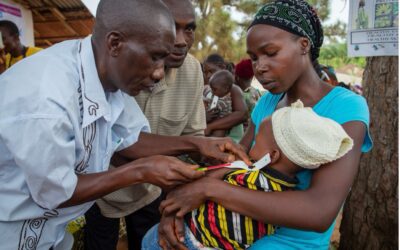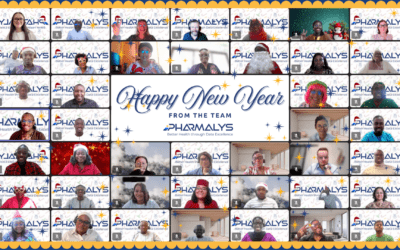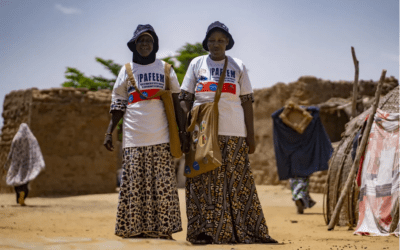Female Genital Mutilation/Cutting: Understanding the Ongoing Global Crisis
Female genital mutilation (FGM) is defined by the World Health Organization (WHO) as ‘all procedures which intentionally alter or damage the external female genitalia organs for non-medical reasons and which have no benefit for the health of young girls and women.’ The WHO has clearly identified the practice as a violation of the human rights of women and girls.
FGM is primarily classified into four types:
- Type I: Partial or total removal of the clitoris and/or the prepuce (clitoridectomy).
- Type II: Partial or total removal of the clitoris and the labia minora, with or without excision of the labia majora (excision).
- Type III: Narrowing of the vaginal opening by cutting and repositioning the labia minora and/or the labia majora, with or without excision of the clitoris (infibulation).
- Type IV: All other harmful procedures to the female genital organs for non-therapeutic purposes, including pricking, piercing, incising, scarification, and cauterisation.
To address certain ambiguities, additional sub-classifications have been created for greater clarity. According to a 2016 UNICEF report, approximately 90% of FGM cases involve either Type I (mainly clitoridectomy), Type II (excision), or Type IV (‘nicking’, where no flesh is removed), while around 10% (over 8 million women) have undergone Type III (infibulation).
Importantly, FGM is not rooted in religious doctrine but rather in cultural traditions. It is a societal phenomenon associated with norms relating to virginity, marriage ability, initiation ceremonies, identity, conjugal fidelity, honour, and fertility. The practice is not generally performed with malicious intent but is often regarded as a purification ritual or a rite of passage into womanhood. For this reason, discussions around FGM must adopt a non-judgmental yet supportive and culturally sensitive approach.
A Global Concern
It is estimated that more than 200 million girls and women worldwide have undergone some form of FGM, typically before the age of 15 year, and sometimes even in infancy. An additional 63 million girls are projected to undergo FGM by 2050, making it a persistent global concern. Globally, a girl is subjected to FGM approximately every 16 seconds. Read the full article here.
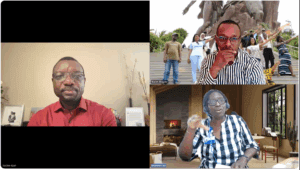
Project Management Training: Pharmalys’ Commitment to Professional Growth
Pharmalys continues to invest in the professional development of its employees through dedicated training initiatives. A recent initiative is the Project Management Training Programme (PMBOK concept), led by Dr. Karim Bagaté, Director of Clinical Operations and Safety at Pharmalys, and Dr. Lucien Gazi, professional coach and former Global Trial Program Head at Novartis. This intensive five-day course equips participants with essential project management skills, supporting career growth while enhancing the organisation’s operational efficiency.
Led by Industry Experts, Dr. Karim Bagaté and Dr. Lucien Gazi
Dr. Karim Bagaté, a Ph.D. holder in Molecular and Cellular Pharmacology, has over two decades of experience in project management drug discovery and development within the biotech and CRO sectors. With 10 years in people management and mentoring roles, his deep understanding of team leadership, project execution, and strategic oversight ensures that participants gain practical, real-world knowledge.
Dr. Lucien Gazi brings over 20 years of experience in drug discovery and development, with expertise in both small biotech and large pharmaceutical companies, including over 15 years at Novartis Pharma AG in Basel, Switzerland. With a Ph.D. in Molecular and Cellular Pharmacology, a Masters in Clinical Research Investigation, and a Certificate from European Centre for Pharmaceutical Medicine (ECPM), he provides invaluable insights into the complexities of project management. Read the full article here.

Pharmalys Regulatory Affairs and Study Start-Up Services
Your trusted partner for regulatory success across Africa and beyond
Our Regulatory Affairs and Study Start-Up Unit (RAS Unit) navigates complex regulatory landscapes with expertise and care to help you kickstart your clinical trials without avoidable delays or costly missteps, and run them with confidence, compliance, and clarity.
From early feasibility to study close-out, and from early phase clinical trials through post-market surveillance, we ensure seamless alignment between sponsor timelines and local regulatory requirements. We anticipate roadblocks, simplify processes, and connect stakeholders, turning regulatory challenges into structured pathways to approval.
Our Core Service Modules
Strategy & Feasibility
- Tailored regulatory strategies for multi-country trials
- Country-specific feasibility assessments and intelligence
- Regulatory risk analysis and mitigation planning
Read more or contact us.
Regulatory Maintenance
- Annual progress report submissions
- Safety reporting (DSURs, SUSARs, etc.)
- Protocol amendments, deviation reporting, and close-out documentation
Read more or contact us.
Study Start-Up & Launch
- Ethics committee and regulatory authority submissions,
- Import/export permit facilitation
- Site regulatory activation and readiness
- Local study insurance coordination, including regulatory review, broker selection support, and contracting
Read more or contact us.
Training & Documentation
- Sponsor and site regulatory training
- SOP development, submission templates, and tracking tools
Read more or contact us.




